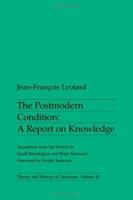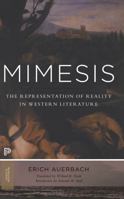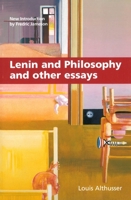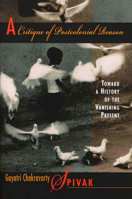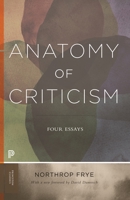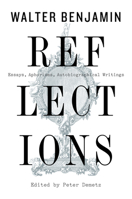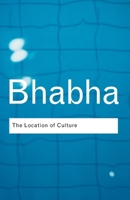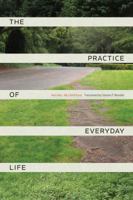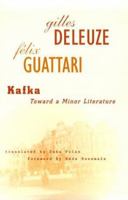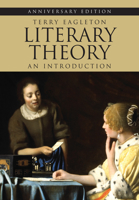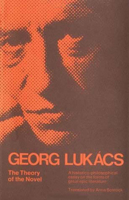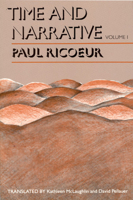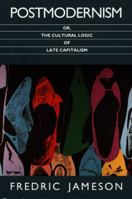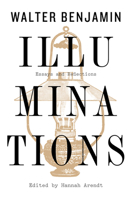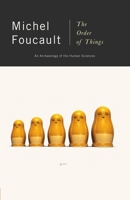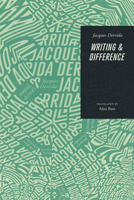All About Our 50 States
Select Format
Select Condition 
You Might Also Enjoy
Book Overview
Presents a compendium of facts, figures, and information concerning each state in the Union. This description may be from another edition of this product.
Format:Hardcover
Language:English
ISBN:0394802446
ISBN13:9780394802442
Release Date:November 1978
Publisher:Random House Books for Young Readers
Length:143 Pages
Weight:0.95 lbs.
Dimensions:0.6" x 6.9" x 9.3"
Age Range:4 to 8 years
Grade Range:Grades 5 to 3
More by Margaret Ronan
Customer Reviews
5 customer ratings | 5 reviews
There are currently no reviews. Be the first to review this work.











